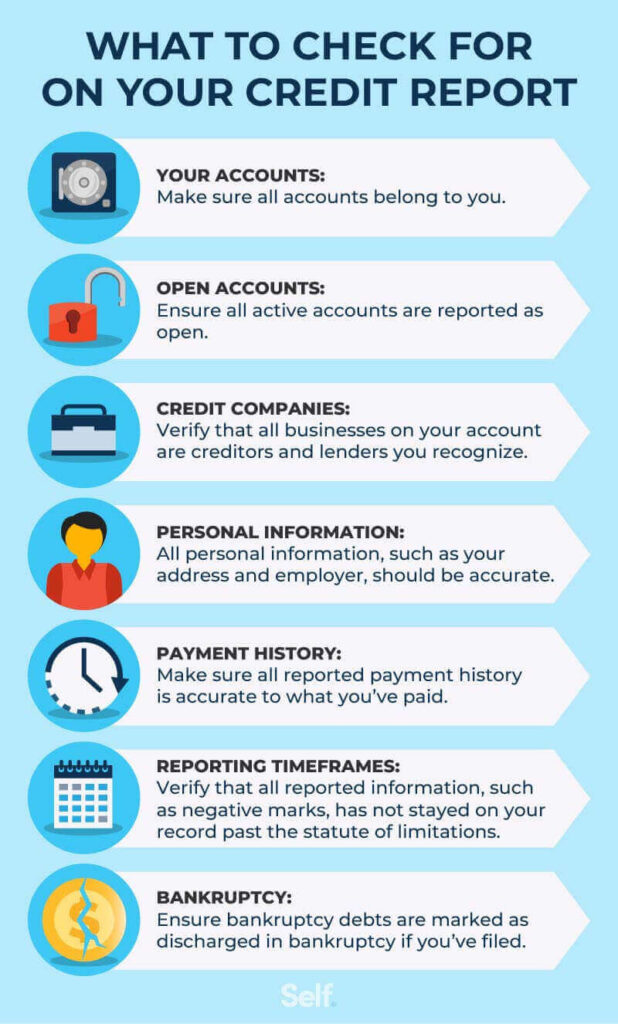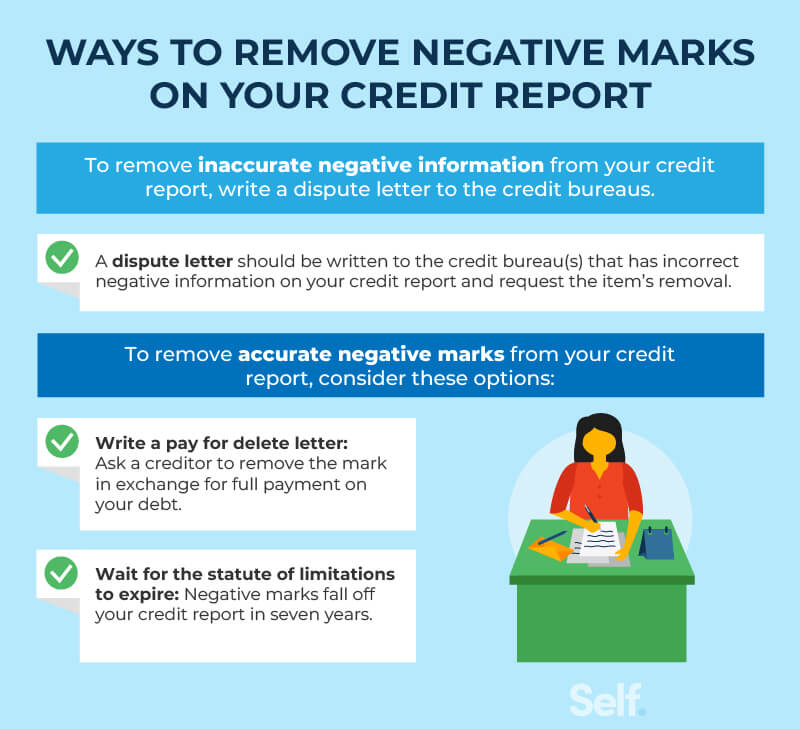If you’re wondering whether you can repair your credit on your own or if you should hire a credit repair company, this article will provide you with some valuable information. Credit repair is the process of improving your credit score by removing negative items from your credit report. While it is possible to repair your credit on your own, it can be a complex and time-consuming process. However, hiring a credit repair company can provide you with professional expertise and save you time and effort. In this article, we will discuss the pros and cons of both options, so you can make an informed decision that is best for your financial situation.
Repairing your credit on your own can be a cost-effective option, as you won’t have to pay any fees to a credit repair company. With some research and careful planning, you can dispute inaccuracies, negotiate with creditors, and develop a strategy to improve your credit score. However, it’s important to note that the credit repair process requires a deep understanding of credit laws and regulations, as well as patience and persistence to navigate the complexities of the system. On the other hand, hiring a credit repair company can provide you with the expertise and resources needed to effectively dispute negative items on your credit report. They will handle the entire process on your behalf, saving you time and effort. However, it’s essential to do your due diligence and research reputable credit repair companies before making a decision. Credit repair is a process that involves improving your credit score by addressing negative items and errors on your credit report. While some individuals prefer to take on this task themselves, others opt to hire a credit repair company to handle it for them. Both options have their own set of pros and cons, which we will explore in this article.
Benefits of Repairing Credit on Your Own
One of the main advantages of repairing your credit on your own is the cost savings. Hiring a credit repair company can be expensive, as they often charge monthly fees or require upfront payments. By taking on the task yourself, you can avoid these additional costs and put that money towards paying off your debts or savings.
Repairing your credit on your own allows you to have complete control over the process. You can take the necessary steps at your own pace and tailor your strategy to your specific needs. This level of control can be empowering and give you a sense of accomplishment as you see progress being made.
Additionally, by repairing your credit on your own, you gain valuable knowledge and skills that can benefit you in the long run. Understanding how credit works, how to dispute errors, and how to develop good financial habits are all valuable skills that can help you maintain healthy credit even after the repair process is complete.
Challenges of Repairing Credit on Your Own
While there are benefits to repairing your credit on your own, there are also some challenges that you may face. One of the main challenges is the time and effort required. Repairing your credit requires thorough research, careful attention to detail, and consistent follow-up. This can be time-consuming and may require a significant amount of effort on your part.
Another challenge is the complexity of the credit repair process. Understanding the intricacies of credit reporting, disputing errors, and improving your credit score can be daunting, especially if you have little prior knowledge or experience in these areas. It may take some time to fully understand the process and navigate through it effectively.

This image is property of mlsjoxwh2dv5.i.optimole.com.
Pros and Cons of Hiring a Credit Repair Company
For those who do not have the time, knowledge, or patience to repair their credit on their own, hiring a credit repair company can be a viable option. These companies specialize in credit repair and have the expertise and resources to handle the process on your behalf. Let’s explore the advantages and drawbacks of hiring a credit repair company.
Advantages of Hiring a Credit Repair Company
One of the main advantages of hiring a credit repair company is the convenience they offer. Instead of spending time researching and dealing with credit bureaus yourself, you can rely on the expertise of the professionals. They will handle all the paperwork, disputes, and negotiations on your behalf, saving you time and effort.
Credit repair companies also have experience working with credit bureaus and creditors, which can give them an edge in resolving issues and improving your credit score. Their relationships and knowledge of the industry can lead to more successful outcomes in a shorter period of time.
Furthermore, hiring a credit repair company can provide you with peace of mind. Knowing that experienced professionals are handling your credit repair can alleviate stress and allow you to focus on other aspects of your life. They can also provide guidance and support throughout the process, answering any questions or concerns you may have.
Drawbacks of Hiring a Credit Repair Company
One of the main drawbacks of hiring a credit repair company is the cost. These companies often charge monthly fees or require upfront payments, which can add up over time. The cost may not be justified if your credit issues are relatively minor or if you can address them on your own with some effort.
Another potential drawback is the lack of control over the process. When you hire a credit repair company, you are entrusting them to handle your credit repair on your behalf. This means that you may not have full visibility or control over the actions they take or the progress being made. It’s important to choose a reputable and trustworthy company to mitigate this risk.
Understanding the Process of Credit Repair
Whether you decide to repair your credit on your own or hire a credit repair company, it’s important to have a good understanding of the process. Let’s break down the key steps involved in credit repair.
Assessing Your Credit Score
The first step in the credit repair process is to assess your credit score. You can obtain a free copy of your credit report from each of the three major credit bureaus – Equifax, Experian, and TransUnion. Review your credit report carefully to identify any negative items or errors that may be impacting your credit score.
Identifying Errors and Inaccuracies
Once you have obtained your credit reports, it’s important to identify any errors or inaccuracies that may be present. Common errors include incorrect personal information, accounts that don’t belong to you, and inaccurately reported late payments or balances. If you spot any errors, you have the right to dispute them with the credit bureaus.
Creating a Plan to Improve Credit
After identifying errors and inaccuracies, it’s important to create a plan to improve your credit. This may involve paying off outstanding debts, establishing positive payment history, and reducing your credit utilization ratio. Set realistic goals and develop a timeline for achieving them.
Implementing the Plan
Once you have a plan in place, it’s time to implement it. Make regular payments on time, reduce your debt as much as possible, and avoid new credit inquiries. Consistency and discipline are key during this phase of the credit repair process.
Tracking Progress
Throughout the credit repair process, it’s important to track your progress. Monitor your credit score regularly and review your credit reports periodically to ensure that any errors have been corrected. Celebrate your achievements along the way and stay motivated to continue working towards your goals.
Tools and Resources for Self-Credit Repair
If you choose to repair your credit on your own, there are several tools and resources available to assist you. Let’s explore some of the key resources that can help you in the process.
Obtaining Free Credit Reports
As mentioned earlier, you can obtain a free copy of your credit report from each of the three major credit bureaus once a year. Take advantage of this opportunity and review your credit reports regularly to stay on top of any changes or errors.
Disputing Errors with Credit Bureaus
If you identify any errors or inaccuracies on your credit report, it’s important to dispute them with the credit bureaus. This can be done online or through written correspondence. Include any supporting documentation and clearly explain why the information is incorrect. The credit bureaus are required to investigate your dispute within a certain timeframe and make any necessary corrections.
Utilizing Credit Monitoring Services
Credit monitoring services can be a valuable tool in keeping track of your credit. These services often provide regular updates on changes to your credit report, as well as alerts for potential fraudulent activity. They can help you stay informed and address any issues that may arise in a timely manner.
Developing Good Financial Habits
Repairing your credit is not just about fixing errors on your credit report. It also involves developing good financial habits that will contribute to long-term credit health. This includes paying your bills on time, keeping your credit card balances low, and avoiding new credit unless necessary. Adopting these habits will not only improve your credit score but also lead to overall financial well-being.
Costs and Benefits of DIY Credit Repair
When deciding whether to repair your credit on your own or hire a credit repair company, it’s important to consider the costs and benefits of each option. Let’s explore the costs and benefits of DIY credit repair.
Saving Money on Professional Fees
One of the main benefits of DIY credit repair is the cost savings. Hiring a credit repair company can be expensive, with fees ranging from a few hundred to a few thousand dollars. By taking on the task yourself, you can save money that can be put towards paying off your debts or savings.
Investing Time and Effort
On the other hand, DIY credit repair requires a significant investment of time and effort. You will need to research the credit repair process, address any issues on your credit report, and monitor your progress regularly. This can be time-consuming and may require a level of dedication and persistence.
Gaining Knowledge and Skills
Repairing your credit on your own can also provide you with valuable knowledge and skills. Understanding how credit works, how to dispute errors, and how to develop good financial habits are all valuable skills that can benefit you in the long run. It allows you to take control of your own financial future and be proactive in maintaining healthy credit.

This image is property of i.ytimg.com.
Choosing a Credit Repair Company
If you decide to hire a credit repair company, it’s important to choose the right one. Not all credit repair companies are created equal, and it’s important to do your due diligence before making a decision. Here are some factors to consider when choosing a credit repair company.
Researching and Comparing Companies
Take the time to research and compare different credit repair companies. Look for companies that have a track record of success and positive customer reviews. Check their credentials and ensure that they are reputable and trustworthy.
Checking for Red Flags
Beware of any red flags when researching credit repair companies. Some warning signs to look out for include companies that guarantee specific results or promise to remove accurate information from your credit report. Legitimate credit repair companies cannot guarantee specific outcomes, as each credit situation is unique.
Understanding Fees and Contracts
Before hiring a credit repair company, make sure you fully understand their fees and contracts. Ask for a clear breakdown of their pricing structure and any additional costs that may be involved. Read the contract carefully and ensure that you are comfortable with the terms and conditions.
Reviewing Customer Feedback
Customer feedback can provide valuable insights into the experiences of others who have worked with the credit repair company. Look for reviews and testimonials from previous clients to get an idea of the company’s reputation and customer satisfaction level. This can give you a better understanding of what to expect if you were to hire them.
Legal Considerations in Credit Repair
When repairing your credit, it’s important to understand your rights under the Fair Credit Reporting Act (FCRA). The FCRA is a federal law that regulates the collection, dissemination, and use of consumer information, including credit reports. Here are some key legal considerations to keep in mind during the credit repair process.
Understanding your Rights under the Fair Credit Reporting Act
As a consumer, you have certain rights under the FCRA. These rights include the right to access your credit report, the right to dispute inaccurate information, and the right to have errors corrected. Familiarize yourself with these rights and take advantage of them to protect your credit.
Avoiding Credit Repair Scams
Unfortunately, there are many credit repair scams out there that prey on individuals who are desperate to improve their credit. These scams often promise quick fixes or guarantees of specific results, which are unrealistic and illegal. Be cautious of any company or individual who asks for payment upfront or makes promises that seem too good to be true.

This image is property of images.ctfassets.net.
Tips for Successful Credit Repair
Whether you choose to repair your credit on your own or hire a credit repair company, here are some tips to help you achieve successful results.
Setting Realistic Goals
It’s important to set realistic goals when it comes to credit repair. Improving your credit takes time, and it’s unlikely that you will see major changes overnight. Set small, achievable goals and celebrate your progress along the way. This will help you stay motivated and committed to the process.
Managing Finances Wisely
Repairing your credit is not just about fixing errors on your credit report. It also involves managing your finances wisely. Create a budget, track your expenses, and make a plan to save. By being mindful of your spending and saving habits, you can improve your overall financial health and set yourself up for success in the long run.
Building Positive Credit History
One of the most effective ways to improve your credit is by building a positive credit history. This means establishing a track record of responsible credit use and payment behavior. Make your payments on time, keep your credit card balances low, and avoid opening unnecessary new credit accounts. Over time, these positive habits will contribute to an improved credit score.
Being Patient and Persistent
Repairing your credit takes time and patience. It’s important to stay committed to the process and not get discouraged by slow progress or setbacks. Be persistent in your efforts, continue to monitor your credit, and make adjustments to your strategy as needed. With patience and persistence, you can achieve your credit repair goals.
Monitoring and Maintaining Good Credit
Once you have successfully repaired your credit, it’s important to continue monitoring and maintaining good credit habits. Here are some key steps to take to ensure ongoing credit health.
Regularly Checking Credit Reports
Even after you have repaired your credit, it’s important to regularly check your credit reports for any changes or errors. Ideally, you should review your credit reports at least once a year, if not more frequently. This will help you stay on top of any changes or potential issues that may arise.
Avoiding Late Payments and High Debt
Maintaining good credit involves avoiding late payments and high levels of debt. Pay your bills on time and in full, and keep your credit card balances low. Late payments and high levels of debt can have a negative impact on your credit score.
Using Credit Responsibly
Credit is a tool that can be used to your advantage if used responsibly. Avoid maxing out your credit cards and only use credit when necessary. Establish a good mix of credit types, such as credit cards and installment loans, and make your payments on time. Responsible credit use can help maintain and improve your credit score over time.
Updating Personal Information
Lastly, make sure to update your personal information with the credit bureaus as needed. This includes your current address, phone number, and employment information. Keeping your personal information up to date ensures that your credit reports are accurate and that you can be reached if necessary.

This image is property of images.ctfassets.net.
Conclusion
In conclusion, the decision of whether to repair your credit on your own or hire a credit repair company ultimately depends on your personal preference and the availability of resources. Both options have their own set of pros and cons, and it’s important to consider your specific situation, needs, and goals.
Repairing your credit on your own can be cost-effective and empowering, allowing you to take control of your financial future. However, it requires time, effort, and knowledge to navigate the complex credit repair process successfully.
Hiring a credit repair company, on the other hand, offers convenience, expertise, and peace of mind. They can handle the process on your behalf, saving you time and effort. However, this option comes with additional costs and a potential loss of control over the process.
Ultimately, the choice is yours. Consider the factors discussed in this article, weigh the pros and cons, and make an informed decision that aligns with your goals and preferences. Whether you choose to repair your credit on your own or hire a credit repair company, remember that credit repair is a journey, and patience and persistence are key to achieving success.
